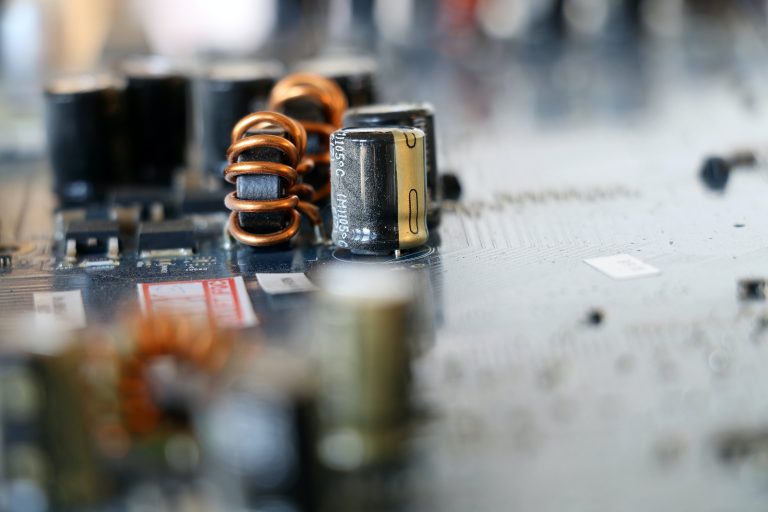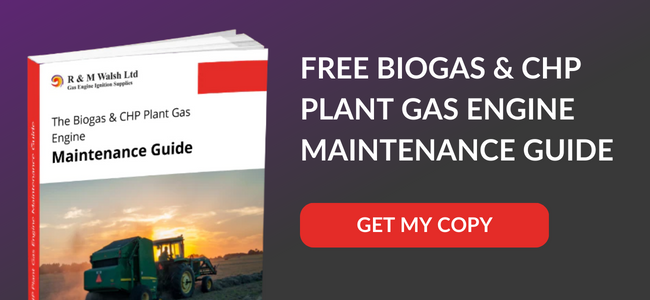
The commercial sector consumes about 75% of electricity, but industries have nine times more existing applications for combined heat and power (CHP) technologies in use today.Domestic chp plant downtime is a costly inconvenience as it reduces efficiency and leads to lower productivity, translating to losses and delays. Faults in CHP plants in the UK can arise from various factors, including misfires and worn parts. You can avoid or minimise plant downtime through regular performance management, replacing faulty parts immediately, and continuously training your operators.
1. Look For The Most Common Faults
Industrial plant monitoring systems usually collect current and historical data for a wide range of parameters. Integrating your CHP plant into an effective monitoring system allows you to regularly record the most common faults affecting your plant.
A technician can check for CHP plants faults in the following parameters:
• Heat and power output
• Rate of water and fuel consumption
• Ambient air conditions
• Gas pressure and temperature
• Exhaust and cooling system conditions
• Electricity import and export
2. Take Immediate Action On Detecting a Fault
When your technicians identify faults in your CHP plants in the UK, take action and repair the issues immediately to prevent a total shutdown of the engine. Procrastinating to solve a problem, such as replacing a faulty plug, can be more costly because you may experience more frequent misfires and downtime. Unchecked faults can make the CHP plant less efficient and also cause other parts to fail.
3. Purchase Genuine, Manufacturer-Approved Components
Avoid the purchase of substandard or counterfeit CHP plant components. Such parts are often incompatible with your CHP gas engine and can cause damage to other components. For genuine, manufacturer-approved components, make purchases from legitimate providers with established supply partnerships and accreditations. Opt for a company dealing with the sales, servicing, and warranty handling of the most common CHP plant parts and products.
4. Regularly Retrain Your Team
Regardless of the design of your domestic chp plant, it cannot run efficiently if the operators are inexperienced, or their training is out of date. Consider investing in refresher training for your employees in the specifics of effectively running a CHP plant in the UK, whether they are part-time or permanent workers. Provide operators with the appropriate material and tools and enough time to perform their duties effectively.
Next Steps
Your CHP plant can avoid or significantly minimise the risk of downtime by following these steps, saving you money, and increasing productivity. If you want to upgrade your CHP plant’s efficiency, our technicians can conduct regular servicing of your plant’s systems and provide reports. R&M Walsh can also replace faulty or broken CHP plant components with genuine manufacturer parts.
Contact us today for more information on minimising and eventually avoiding CHP plant downtime.
 Apply for an Account
Apply for an Account Log In
Log In 0Basket
0Basket Checkout
Checkout
 01782 983376
01782 983376 info@rmwalshltd.co.uk
info@rmwalshltd.co.uk 
